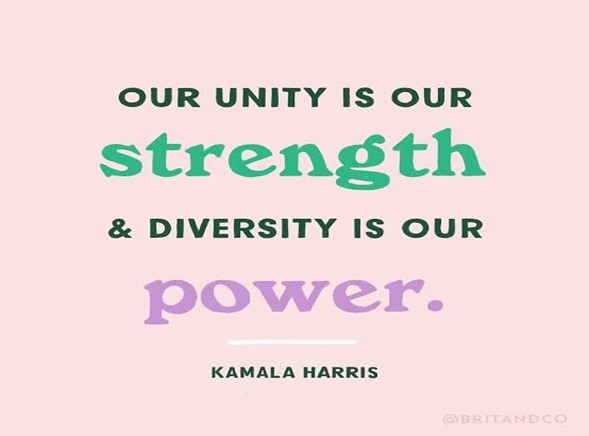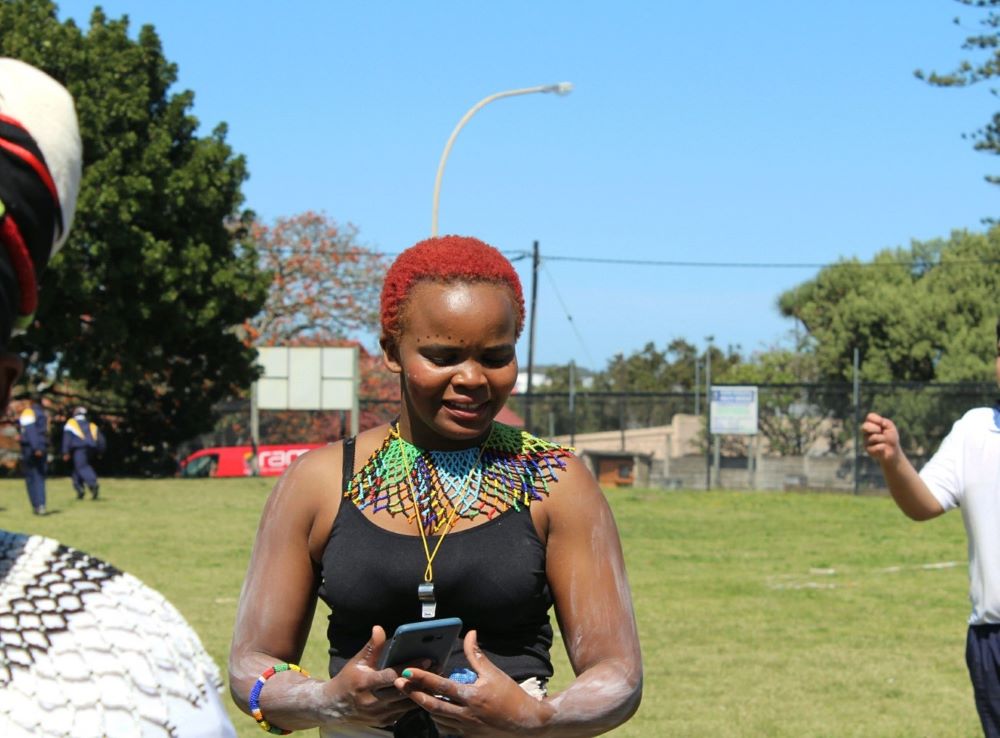Each year around this time, South Africans across the country gather for events, school calendars accommodate cultural civies day and use this time as time for fundraising and cultural fashion parades. But is this all that is Heritage Day? Do we even know what we are celebrating, do children even understand?
What is heritage? A question I asked myself in the beginning of this heritage month, September. I further posed the same question to my friends on social media platforms and to some of the young people in my circle. I ask the same question to you, the reader, what does heritage mean to you?
Contextualization and representation is key in defining the term heritage. In a country rich with diverse cultures such as South Africa, individuals would have different perspectives of the concept in question. However, I believe there are fundamental factors that form the basis of heritage for everyone: personal/individual identity, community identity and history.
Heritage to me means knowing where I come from, my historical background, my cultural heritage as Black South African and mostly my choices in life that make my personal identity. This includes, but is not limited to, religion, socialization etc. It further means to embrace people across races and ethnic groups.
As the country gets close to its 24th Heritage Day and commemoration celebrations are already taking place, I fully embrace my South Africaness. But mostly, I embrace my ethnicity and say “Ndingu MXhosa”, which translates to “I am Xhosa”.
Of course, culture evolves and there are aspects of culture that separate us from each other, but when fostering cultural exchange, it promotes diversity and inclusion.

But in the efforts of the government to create the picture of a new/national heritage, which I call the Rainbow Heritage, it fails to preserve traditions, indigenous knowledge that has been marginalized and to safeguard the country’s intangible heritage. By assuming that South African, specifically the youth, knows and understands the national heritage, youth, due to acculturation and integrated culture, have actually lost their cultural identities.
“Intangible heritage is the aspect of heritage that, unlike places or objects, are ephemeral, such as oral traditions, languages, performing arts or rituals, knowledge systems, values and know-how” (www.hsrcpublishers.ac.za)
Language is an important factor of heritage, and I have met children who do not know the native language of their parents. Children who only know English are celebrated and those who cannot express themselves in this language looked down on. I have also come across friends who we speak the same language as me asking me to speak English.
I have had former learners at my primary school messaging me, saying I have taken isiXhosa at High School because I am running away from Afrikaans. A learner would express how they are having difficulty with learning isiXhosa, which is their home language.
Our schools are English, with at least one Nguni language offered. It is worse when a child is deprived of the basic language that is spoken in their specific province. In South Africa, we have eleven official languages and to embrace heritage, children must be given a chance to choose more than two Nguni languages. This must be adopted in school curricula. I believe to pride ourselves of a truly diverse South Africa, we need to effectively interrogate this rainbow heritage discourse.
Heritage, while shuffling apartheid under the carpet is supposed to heal the nation. Without reflections about our past, but with insecurities about each other. With this approach, the legacy we continue to inherit is that of violence, cognitive segregation, mental slavery and poverty.
Please feel free to engage me on this topic, on your experiences or any additional information.


*”Do we even know what we are celebrating, do children even understand? What is heritage? ” An important question you have just raised here. And also you did brought up crucial elements in understanding heritage, i.e issues of community identity and history. Like what you have highlighted, very few young people are aware of their cultural heritage because i feel like there is very little or no knowledge that is being passed from one generation to the other hence a massive erosion of the cultures, traditions and history. I believe such a massive erosion of cultures from one generation to the other is the reason why it is being hard for the recent generations to embrace diversity and to even understand what heritage is all about. So to me, most young people are jst celebrating heritage but without a clear picture of what it is all about.
To me heritage, is much more about displaying or restoring a collection of activities and elements of who we are and how we identify ourselves. So now how can we restore, or display such crucial elemnts when they are not passed on from one generation to the other.
Good question indeed, thank you so much for your input. ❤
Brilliant work. I remember you asked me this question and I could not answer it. From your perspective, I now have an understanding. This is an essential piece of writing. Thank you very much for taking your time and effort to craft it.
??Amen bro, thank you for your time and that this work has enlightened you and broaden your understand. I’m no expect that is why I have people like you to help interrogate & unpack these cruicial topics.
I believe heritage is about conserving ones cultural beliefs, language, values to mention but a few. I concur with you that Africans should value their languages. I urge Africans to teach their children indigenous languages with pride knowing that it is imperative to do so inorder to conserve our heritage.
In deed
To me heritage is simply means you have been left an asset to inherit but the question who left you an inheritance and what is that which needs to be inherited. To.me on his day we are given just the face of it when they we should be tolerative of different cultures that we have in this country, but my question still stand what are we inheriting from who on this day?
Eish, a question we all sort answers to… More discussion is needed on this topic. Thanks for your comment.